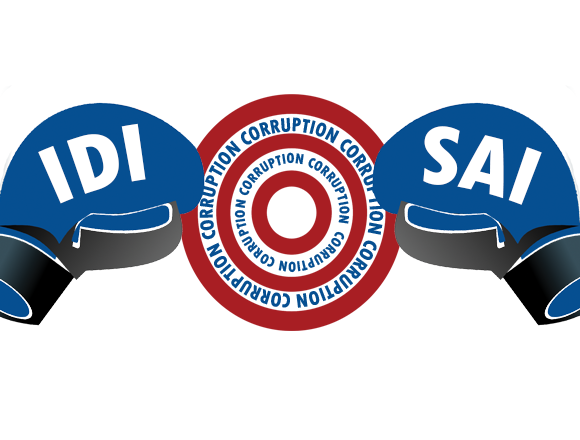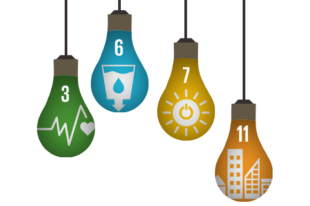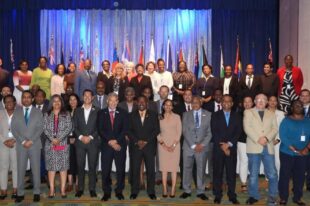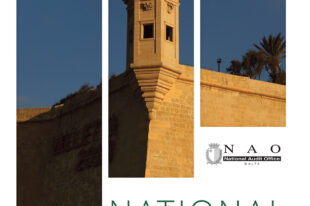IDI’s Sustainable Development, Fighting Corruption Initiatives

The INTOSAI Development Initiative (IDI) launched the Auditing Sustainable Development Goals (SDGs) capacity building program in June 26, 2017. The program, currently offered to Supreme Audit Institutions (SAIs) in English speaking regions, aims to support SAIs in conducting ISSAI-based cooperative performance audits of preparedness for SDG implementation in national contexts.
This audit, founded on a model that guides planning, conducting and reporting on a preparedness audit, is a first response in contributing to SDG implementation, follow-up and review as it gives SAIs a voice, as well as independent oversight to ensure they are not left behind.
SDGs, integrated and indivisible, require a whole of government approach—an overarching term to respond to problems associated with increased public sector fragmentation and a desire to enhance integration, coordination and capacity (Ling, 2002). The whole of government approach will be used to investigate early national efforts in SDG implementation.
The proposed audit objectives align to the voluntary common reporting guidelines for national reviews at the United Nations (UN) High Level Political Forum for Sustainable Development (HLPF).
Audit Objective 1– To what extent has the government adapted the 2030 agenda into its national context?
Audit Objective 2–Has the government identified and secured necessary resources and capacities to implement the 2030 Agenda?
Audit Objective 3–Has the government established mechanisms to monitor, follow-up, review and report on progress towards implementing the 2030 Agenda?
Implementing SDGs requires the involvement of a wide variety actors, both government and non-government. As such, this preparedness audit will also involve intense and wide stakeholder engagement throughout the process to examine participation, involvement and collaboration between the various stakeholders in mainstreaming the 2030 Agenda and mobilizing resources and employing appropriate mechanisms.
Since this will be the first audit carried out on SDGs, IDI generally recommends SAIs examine the three audit objective questions across the entire agenda. However, if SAIs wish to have a narrower audit scope, it is possible to tailor the audit objectives to consider specific goals and targets.
SDG MENTORING, E-LEARNING
IDI held a mentor training and eLearning development meeting in Kingston, Jamaica, in March 2017. Mentors representing the SAIs of Belize, Bhutan, Cameroon, Macedonia, Malawi, Malaysia, Philippines, St. Lucia, Tonga and the United States took part, as did mentors from United Nations Department of Economic and Social Affairs and Canadian Comprehensive Auditing Foundation. During the first week, mentors were exposed to such topics as the 2030 Agenda; auditing preparedness to implement Sustainable Development Goals (SDGs) using the IDI-Knowledge Sharing Committee audit model; and IDI’s eLearning methodology. The second week of training included learning to design and develop eLearning courseware for a performance audit on preparing for SDG implementation.





